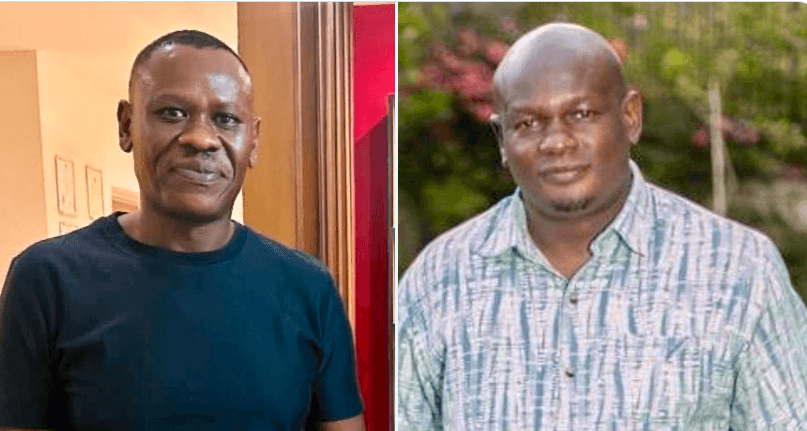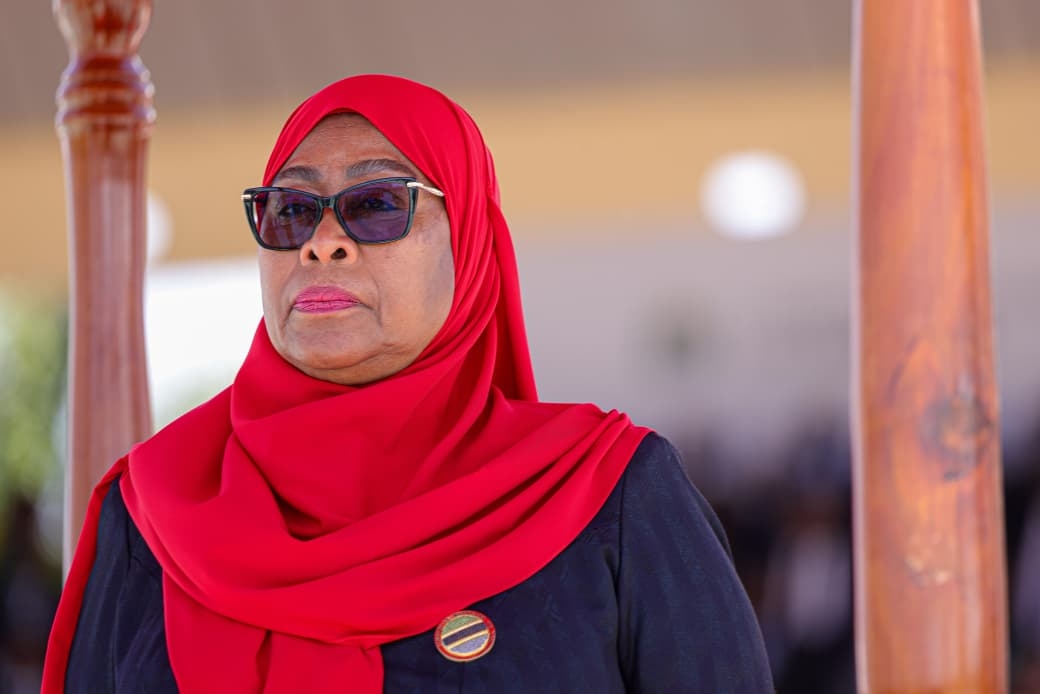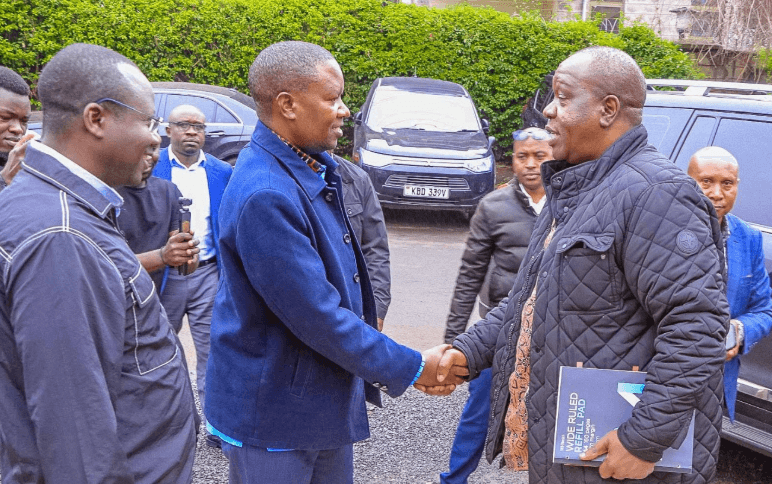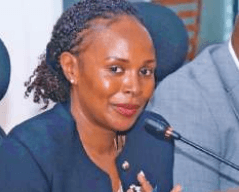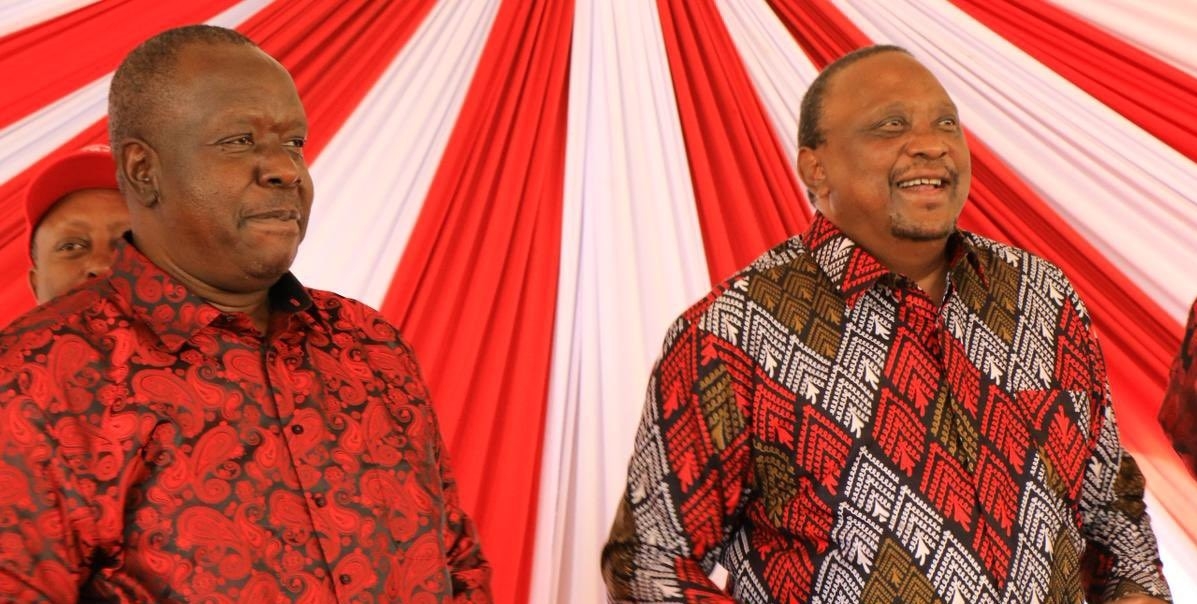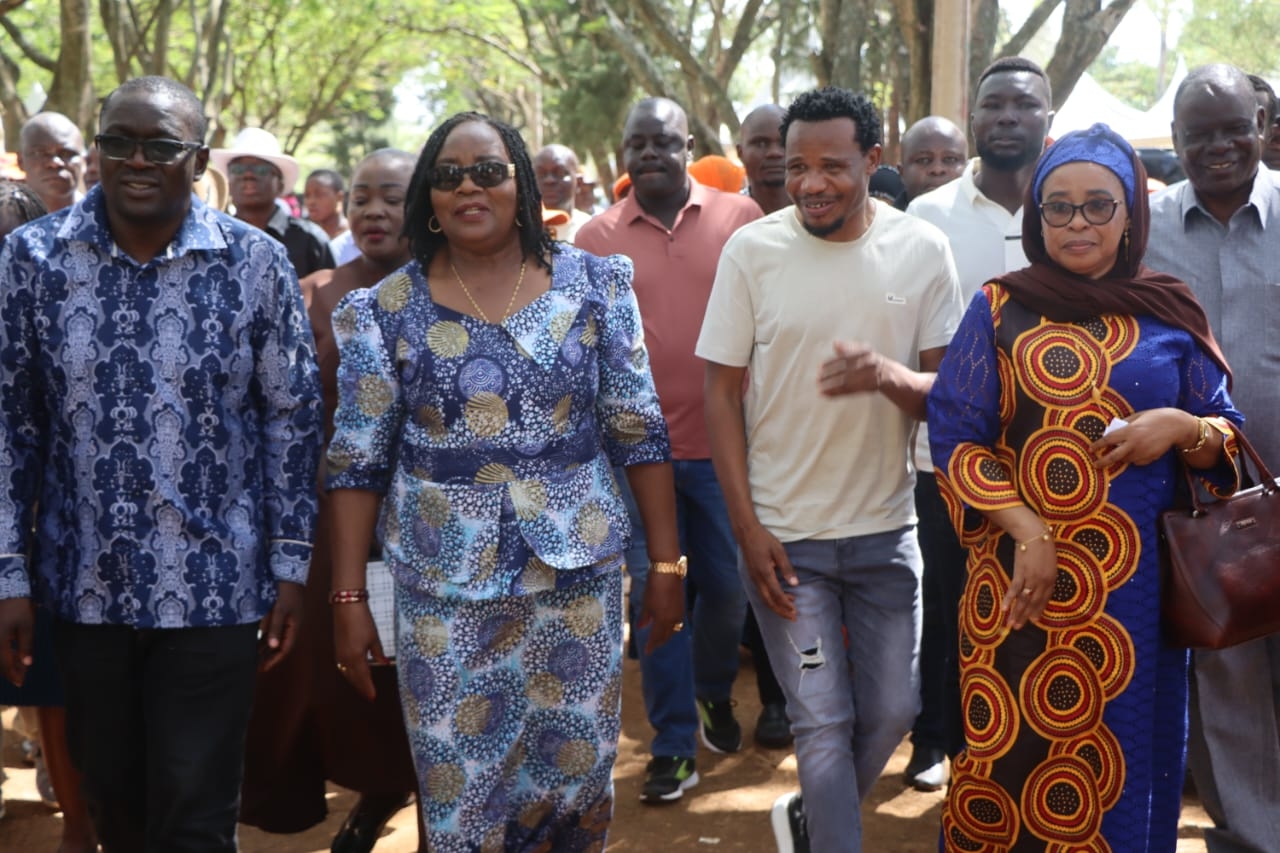
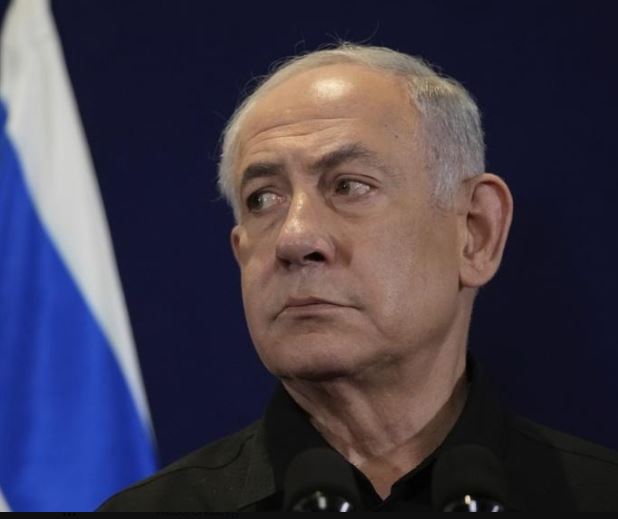
Israel is facing growing diplomatic isolation as more countries move to recognise the State of Palestine, even as the war in Gaza shows no sign of abating.
Relentless Israeli bombardments have reduced much of the Gaza Strip to rubble and displaced more than 95 per cent of its population since the October 7 Hamas attack that triggered the conflict.
Despite mediation efforts led by Qatar, Israeli airstrikes have continued, with the latest attacks pushing the Palestinian death toll from the two-year war beyond 65,000.
Prime Minister Benjamin Netanyahu has rejected international calls for a two-state solution, insisting on pursuing what he describes as a campaign against Hamas fighters.
Yet the overwhelming majority of casualties have been civilians, including women and children.
In a show of solidarity, several countries have stepped forward to recognise Palestinian statehood.
On Sunday, Britain became the latest to formally declare its support.
Announcing the decision, Prime Minister Keir Starmer said Britain recognised “the right of the Palestinian people to self-determination.”
He condemned “the man-made humanitarian crisis in Gaza” where, he noted, civilians had been killed while queuing for food and water.
“This death and destruction horrifies us all. It must end,” Starmer said in a video message.
In a letter to Palestinian President Mahmoud Abbas, he added: “A two-state solution remains the only pathway to a just and lasting peace for the region.”
Canada, Australia and Portugal also announced recognition of Palestine on Sunday, joining France, New Zealand, San Marino, Belgium, Malta, Luxembourg and Andorra.
In total, 149 of the United Nations’ 193 member states now recognise the State of Palestine, first declared by Yasser Arafat in Algeria in 1988.
The United States remains the most powerful holdout. President Donald Trump, speaking during a recent visit to Britain, criticised London’s decision.
“I have a disagreement with the prime minister on that score,” he told a press conference.
Trump is expected to set out his position more fully when he addresses the UN General Assembly on Tuesday.
Observers say Netanyahu is counting heavily on Trump’s support as international pressure mounts.
On Sunday, the Israeli leader warned of a response to countries recognising Palestine, vowing to fight “slanderous propaganda” in the UN and other forums.
He argued that calls for a Palestinian state “endanger our existence and constitute an absurd prize for terrorism.”
In a video statement, Netanyahu said Israel’s next steps would be decided after he meets Trump next week, even as he insinuated a possible annexation of the occupied West Bank to make a two-state solution impossible.
Analysts suggest that without US backing, Netanyahu has limited room to manoeuvre.
With it, however, he has so far felt able to press ahead with military operations and to defy mounting international outrage at the scale of devastation in Gaza.



